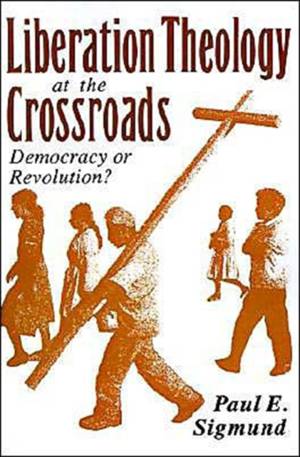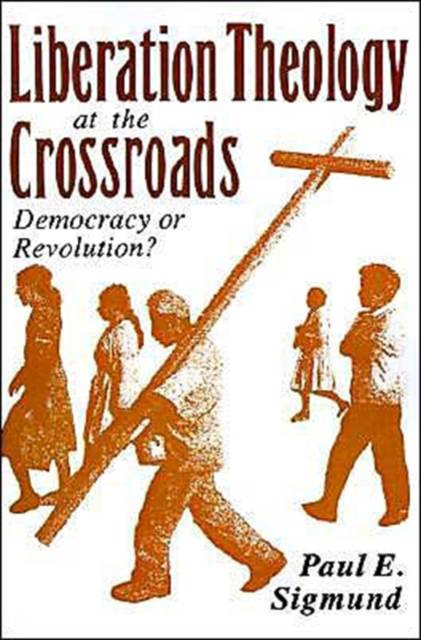
- Afhalen na 1 uur in een winkel met voorraad
- Gratis thuislevering in België vanaf € 30
- Ruim aanbod met 7 miljoen producten
- Afhalen na 1 uur in een winkel met voorraad
- Gratis thuislevering in België vanaf € 30
- Ruim aanbod met 7 miljoen producten
Zoeken
€ 103,45
+ 206 punten
Omschrijving
Liberation theology originated in Catholic Latin America at the end of the 1960s in response to prevalent conditions of poverty and oppression. Its basic tenet was that it is the primary duty of the church to seek to promote social and economic justice. Since that time it has grown in influence, spreading to other areas of the Third World, along with bitter controversy about its ties to Marxist ideology and violent revolution. Drawing on both English and Spanish sources, this critical study examines the history, method, and doctrines of liberation theology. Sigmund considers the movement's origins in political circumstances in Latin America and provides case studies of its role in such events as the revolution and counter-revolution in Chile, and in the revolutionary movements in El Salvador and Nicaragua. Examining the thought of major liberation theologians, as well as the critical responses of the Vatican, Sigmund shows that liberation theology is a complex phenomenon, comprising a variety of kinds and degrees of radicalism. He discerns a general trend away from the Marxist rhetoric that has often characterized the movement in the past and towards the kind of grassroots populist reform typified by the Basic Christian Communities Movement.
Specificaties
Betrokkenen
- Auteur(s):
- Uitgeverij:
Inhoud
- Aantal bladzijden:
- 272
- Taal:
- Engels
Eigenschappen
- Productcode (EAN):
- 9780195072747
- Verschijningsdatum:
- 3/09/1992
- Uitvoering:
- Paperback
- Formaat:
- Trade paperback (VS)
- Afmetingen:
- 153 mm x 230 mm
- Gewicht:
- 403 g

Alleen bij Standaard Boekhandel
+ 206 punten op je klantenkaart van Standaard Boekhandel
Beoordelingen
We publiceren alleen reviews die voldoen aan de voorwaarden voor reviews. Bekijk onze voorwaarden voor reviews.











